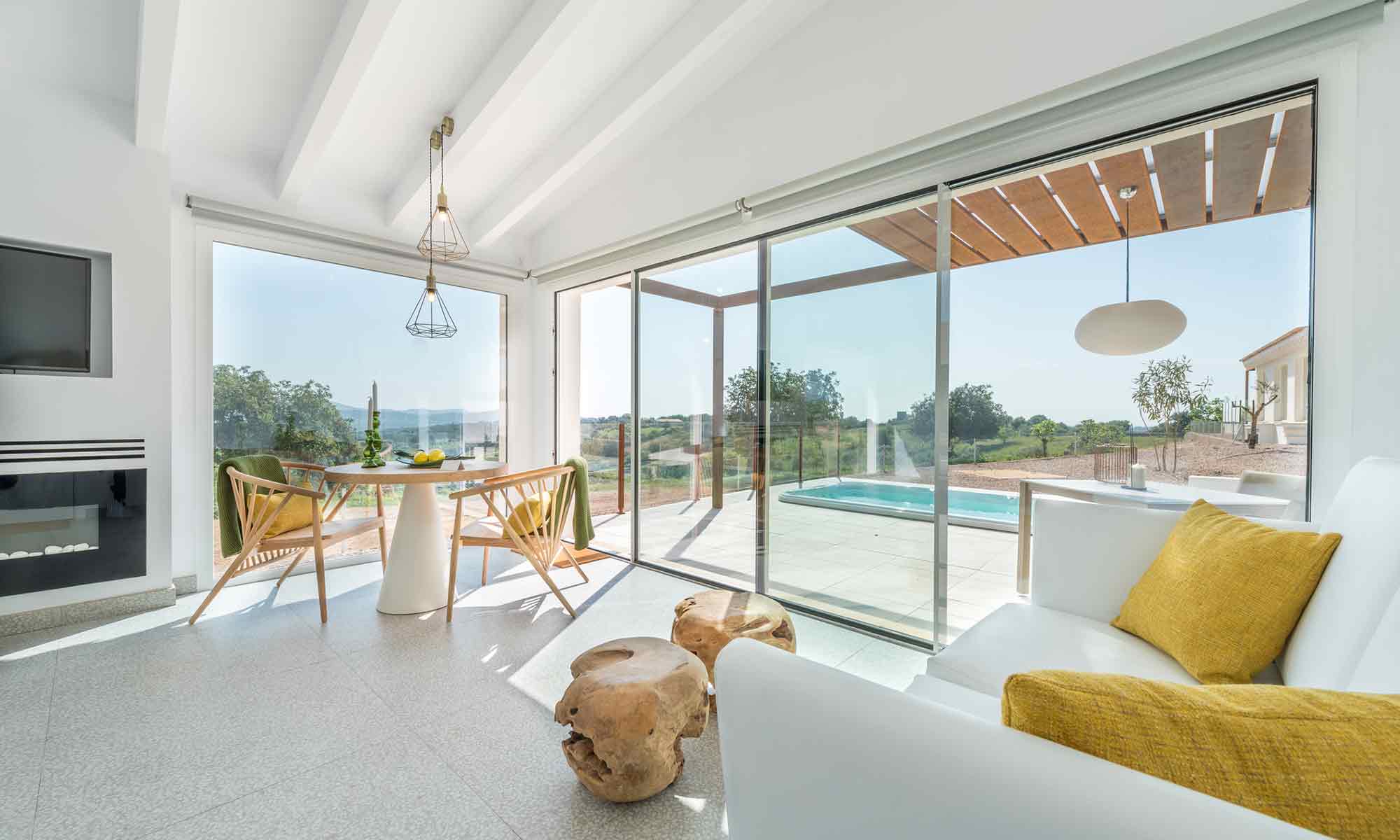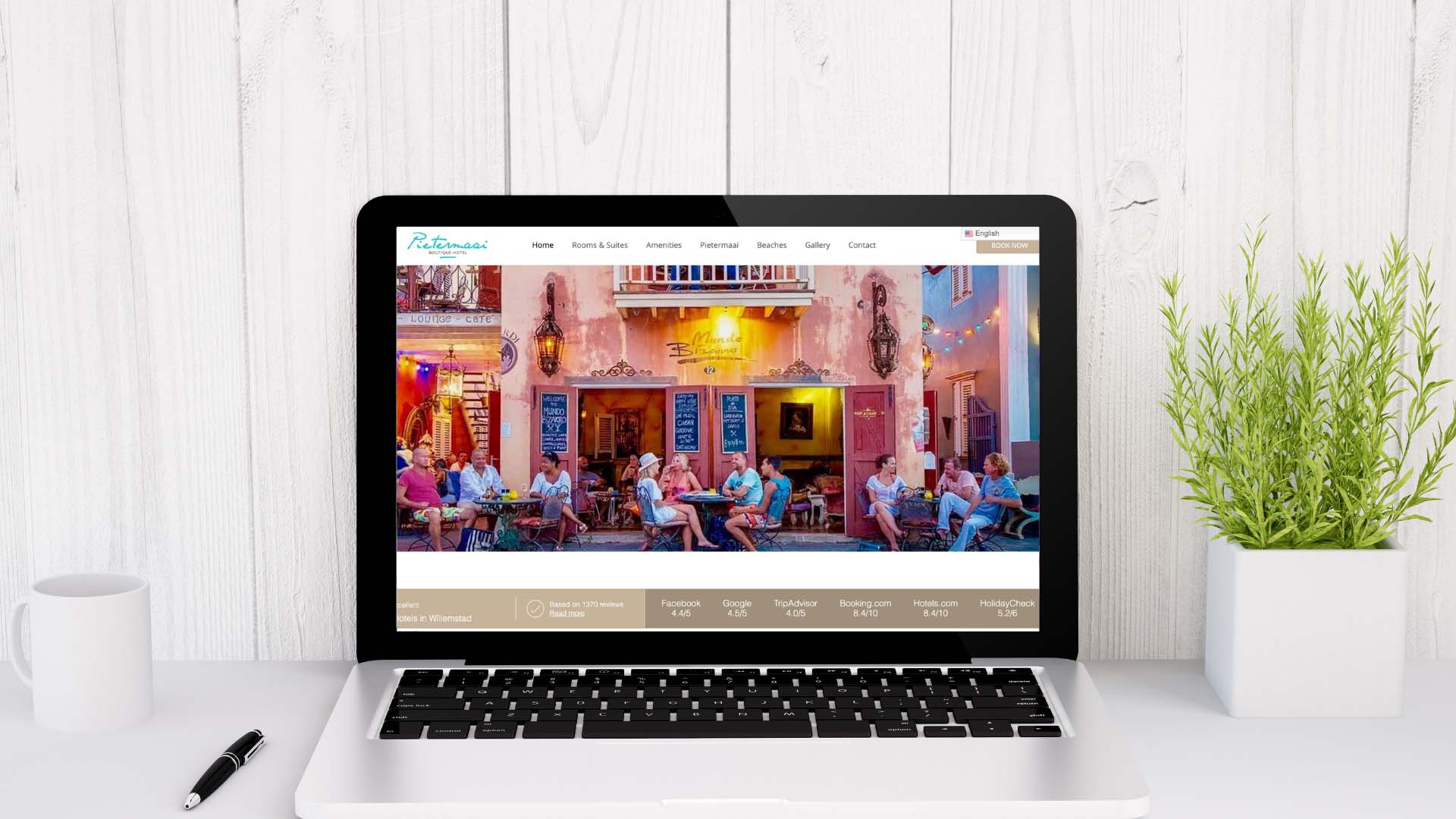John Lacle, November 5, 2023
Introduction: Condo hotels, also known as condotels, offer a unique blend of real estate investment and hotel-style amenities. Managing these properties requires a distinct set of strategies to ensure the satisfaction of both individual unit owners and transient guests. In this article, we’ll explore the essential aspects of condo hotel management and provide insights into achieving success in this specialized industry.
- Clear Communication: Effective communication is the cornerstone of successful condo hotel management. It’s crucial to maintain transparent and open channels with both unit owners and guests. Regular updates on property maintenance, rental income, and any upcoming changes can build trust and a sense of community among stakeholders.
- Efficient Rental Management: Balancing the interests of individual unit owners and maximizing rental income is a delicate task. A well-structured rental management system can help achieve this equilibrium. This may involve partnering with a professional management company to handle reservations, guest services, and marketing, while ensuring owners receive their fair share of the revenue.
- Maintenance and Housekeeping: Maintaining condo hotels in impeccable condition is paramount. Regular maintenance, prompt repairs, and high standards of housekeeping contribute to positive guest experiences and protect the long-term value of the property. Effective scheduling and coordination are key to keeping the property in top shape.
- Amenities and Guest Services: Condo hotels are often chosen for their extensive amenities, which can range from spa facilities and swimming pools to on-site restaurants and concierge services. Ensuring these amenities are well-maintained and accessible is essential to attract and retain guests. A focus on exceptional customer service adds value to the guest experience.
- Compliance and Legal Matters: Navigating the legal aspects of condo hotel management is critical. Understanding and complying with local zoning regulations, condominium association bylaws, and tax obligations are fundamental to avoid legal pitfalls and maintain a smooth operation.
- Marketing and Promotion: To attract guests and generate rental income, effective marketing is essential. Utilize online platforms, social media, and partnerships with travel agencies to reach a wide audience. Consistent branding and appealing promotional materials can set your condo hotel apart from competitors.
- Financial Management: Condo hotel management necessitates efficient financial management. Tracking expenses, revenues, and budgeting are vital to ensure that both unit owners and the property itself remain financially healthy. Detailed financial reporting is key to maintaining transparency.
- Community Building: Building a sense of community among unit owners can contribute to a harmonious atmosphere within the condo hotel. Organizing events, creating an owners’ association, and encouraging collaboration can foster a positive and engaged community.
Conclusion: Condo hotel management is a unique blend of real estate and hospitality. Successfully managing such properties involves a delicate balance of fulfilling the needs and expectations of individual unit owners while also providing excellent services to transient guests. By focusing on clear communication, efficient rental management, property maintenance, amenities, legal compliance, marketing, financial management, and community building, condo hotel managers can create a thriving and satisfying environment for all stakeholders, ensuring the long-term success of the venture.






